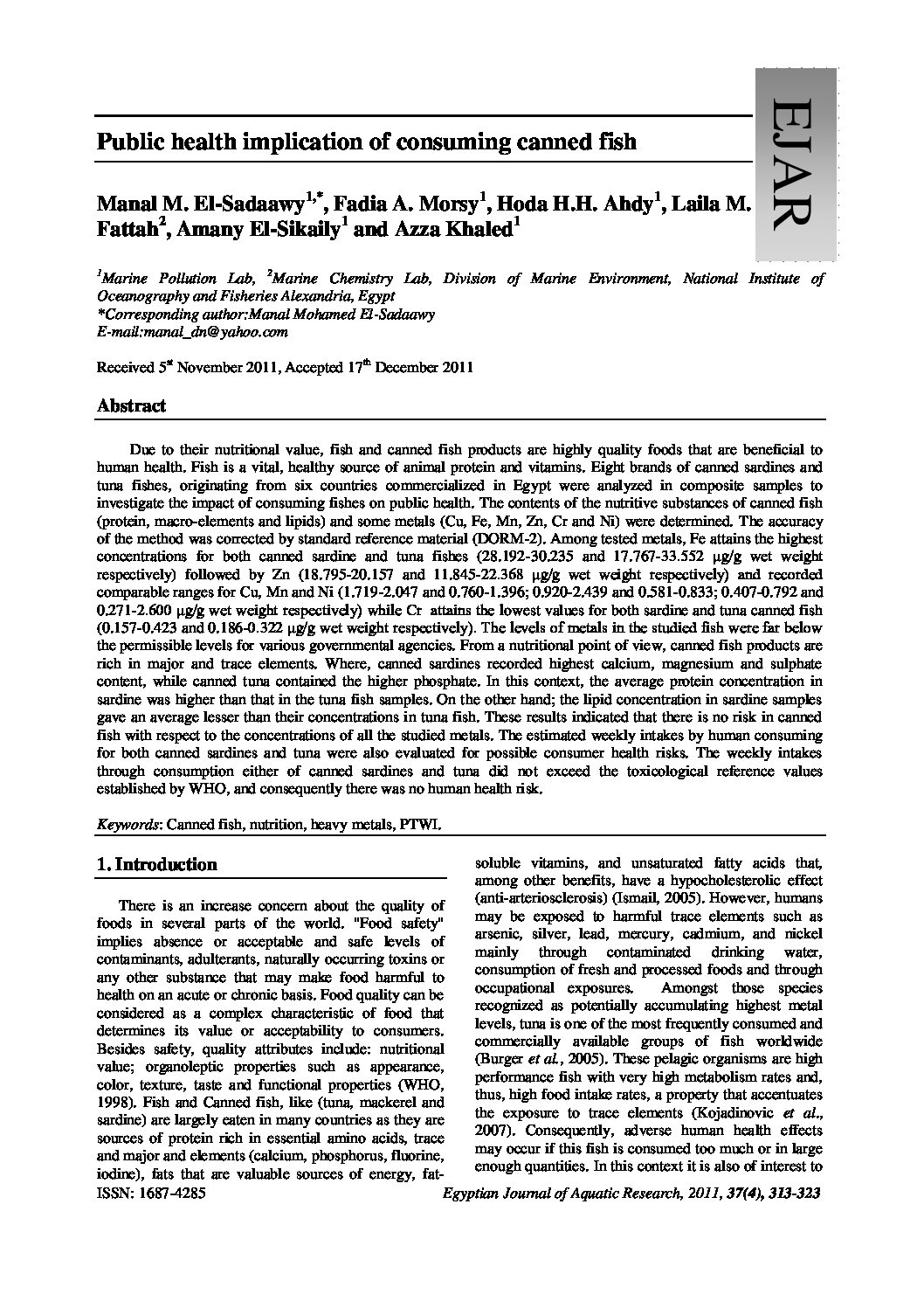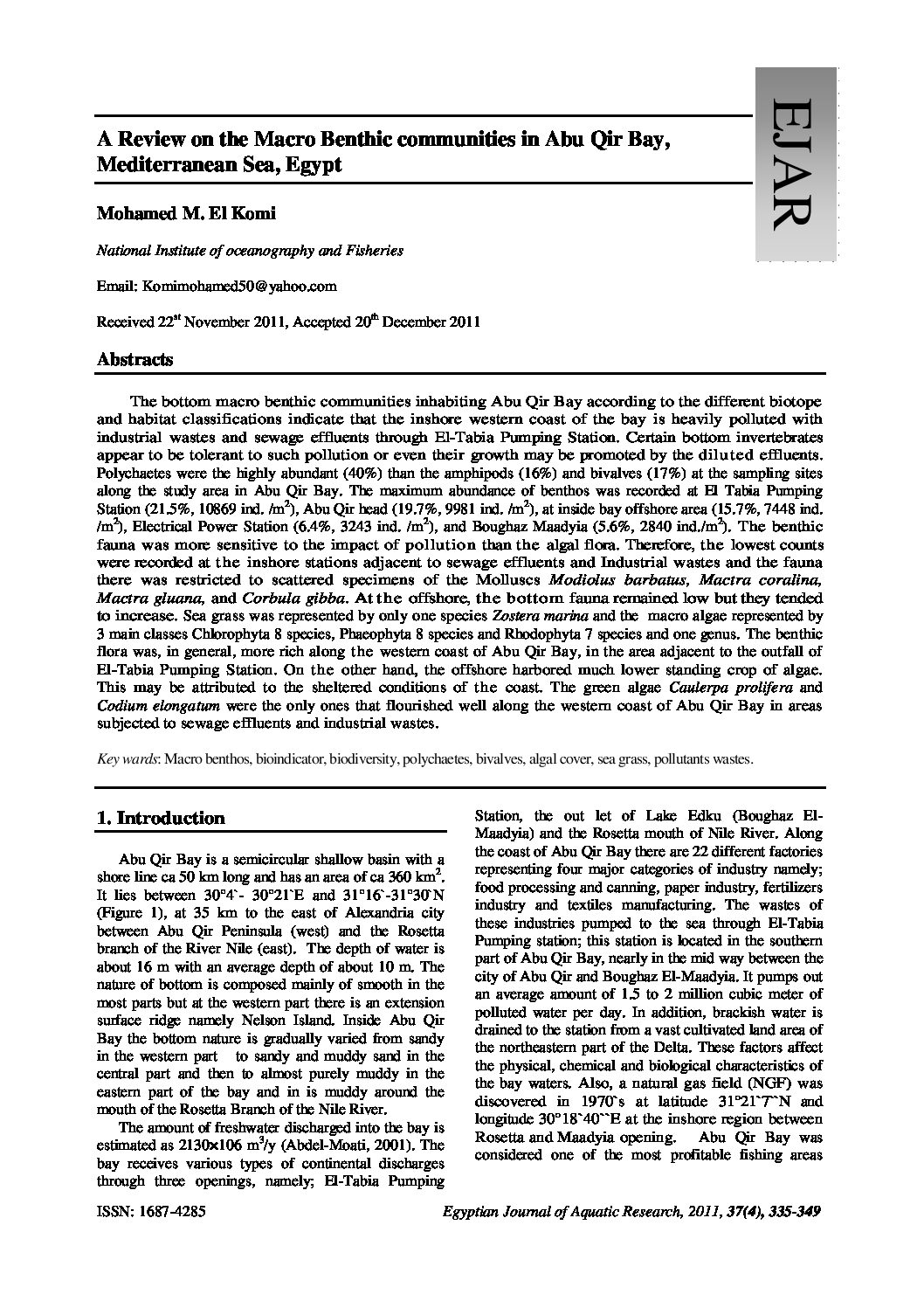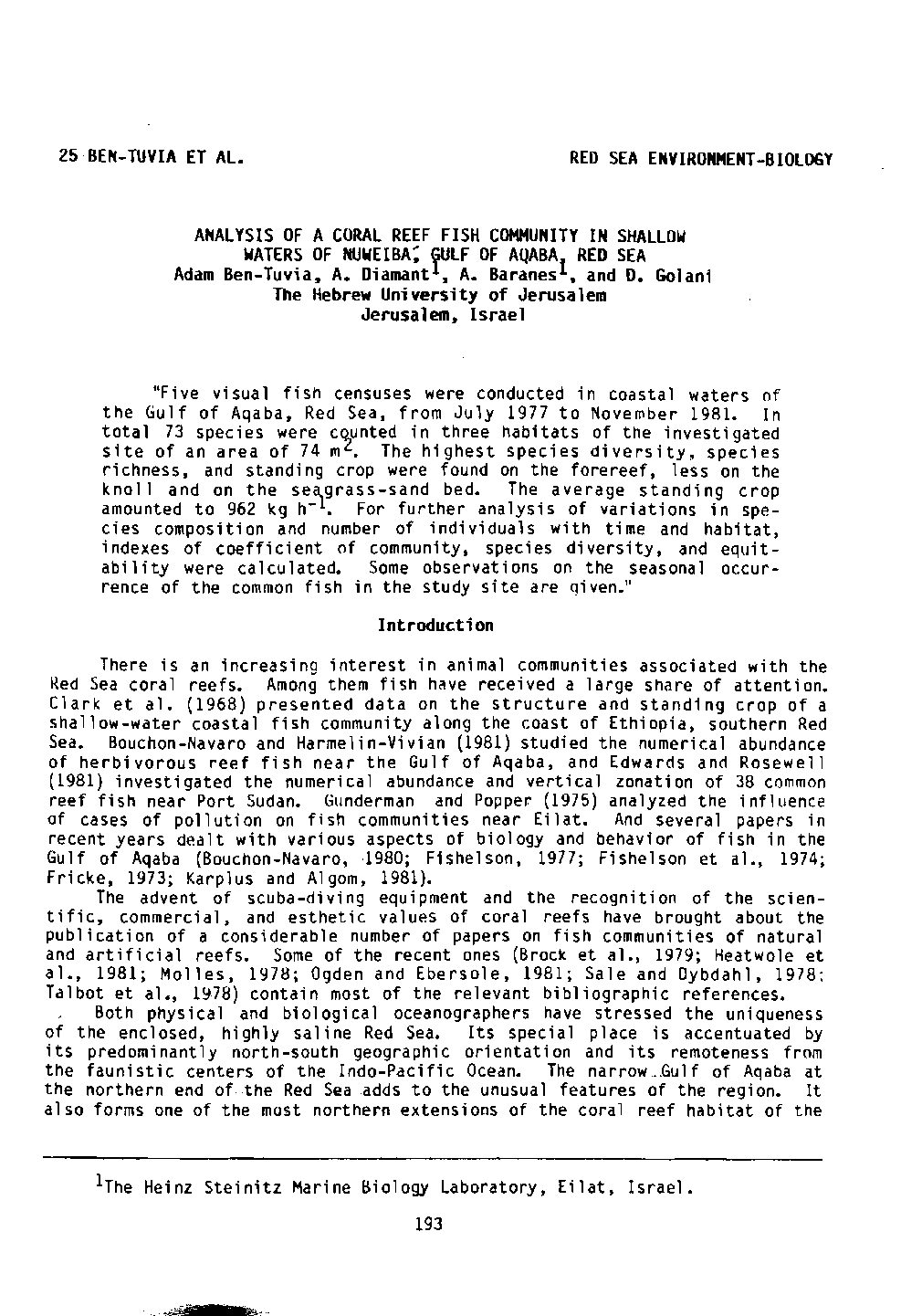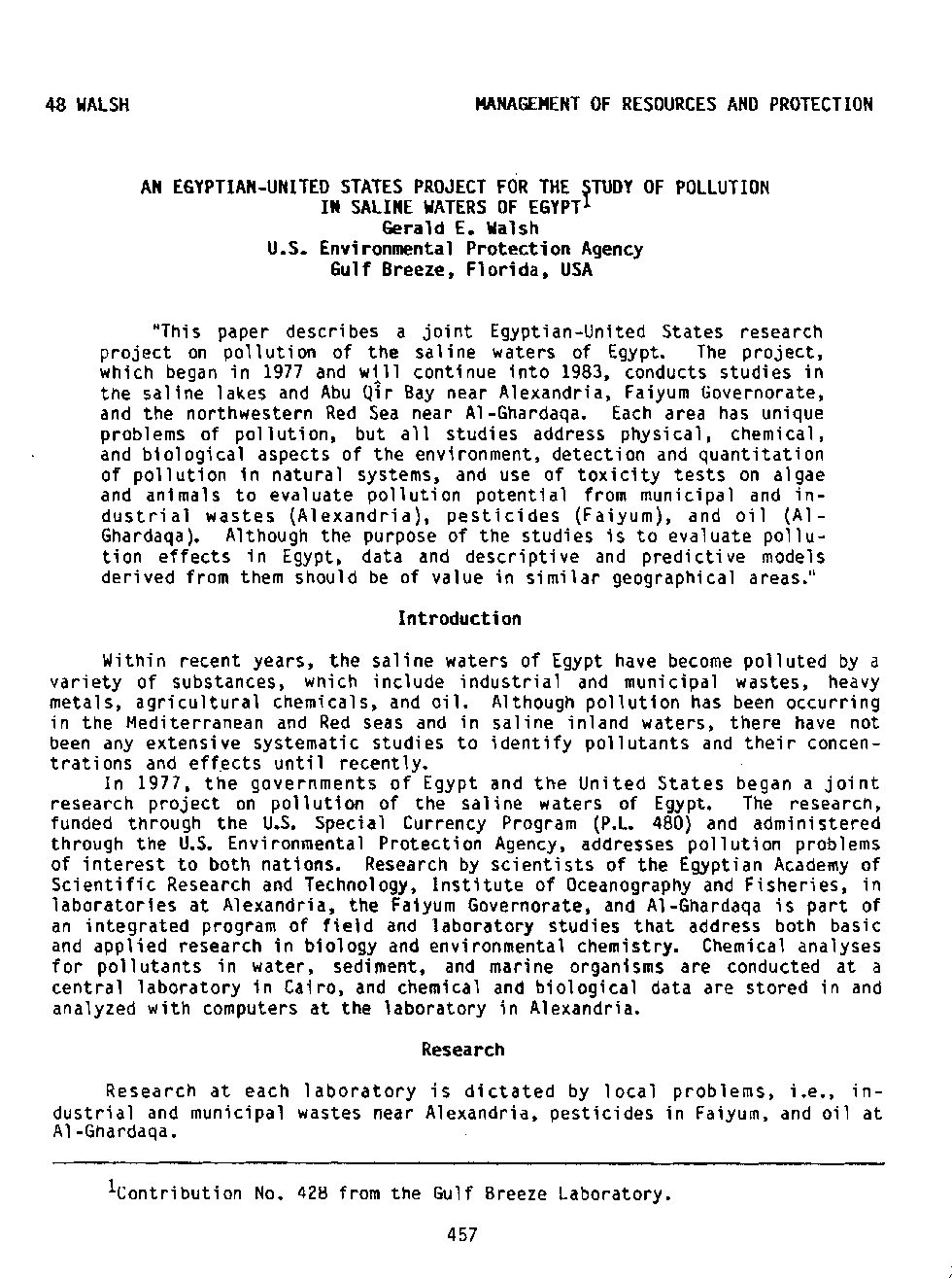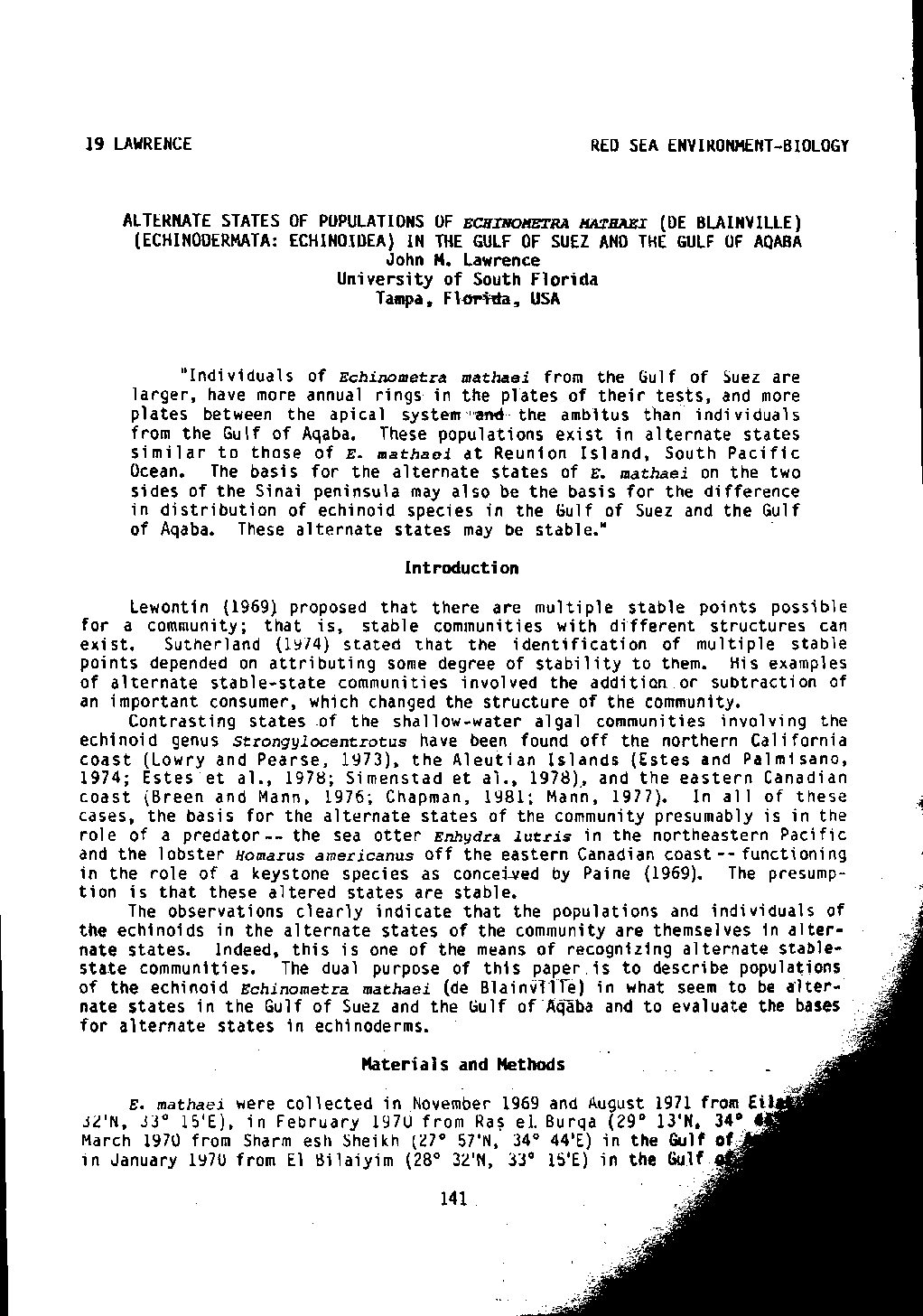Categories
vol-37Manal M. El-Sadaawy1,*, Fadia A. Morsy1
, Hoda H.H. Ahdy1
, Laila M. Abdel
Fattah2
, Amany El-Sikaily1
and Azza Khaled1
1Marine Pollution Lab, 2Marine Chemistry Lab, Division of Marine Environment, National Institute of
Oceanography and Fisheries Alexandria, Egypt
*Corresponding author:Manal Mohamed El-Sadaawy
E-mail:[email protected]
Received 5
st November 2011, Accepted 17th December 2011
Abstract
Due to their nutritional value, fish and canned fish products are highly quality foods that are beneficial to
human health. Fish is a vital, healthy source of animal protein and vitamins. Eight brands of canned sardines and
tuna fishes, originating from six countries commercialized in Egypt were analyzed in composite samples to
investigate the impact of consuming fishes on public health. The contents of the nutritive substances of canned fish
(protein, macro-elements and lipids) and some metals (Cu, Fe, Mn, Zn, Cr and Ni) were determined. The accuracy
of the method was corrected by standard reference material (DORM-2). Among tested metals, Fe attains the highest
concentrations for both canned sardine and tuna fishes (28.192-30.235 and 17.767-33.552 μg/g wet weight
respectively) followed by Zn (18.795-20.157 and 11.845-22.368 μg/g wet weight respectively) and recorded
comparable ranges for Cu, Mn and Ni (1.719-2.047 and 0.760-1.396; 0.920-2.439 and 0.581-0.833; 0.407-0.792 and
0.271-2.600 μg/g wet weight respectively) while Cr attains the lowest values for both sardine and tuna canned fish
(0.157-0.423 and 0.186-0.322 μg/g wet weight respectively). The levels of metals in the studied fish were far below
the permissible levels for various governmental agencies. From a nutritional point of view, canned fish products are
rich in major and trace elements. Where, canned sardines recorded highest calcium, magnesium and sulphate
content, while canned tuna contained the higher phosphate. In this context, the average protein concentration in
sardine was higher than that in the tuna fish samples. On the other hand; the lipid concentration in sardine samples
gave an average lesser than their concentrations in tuna fish. These results indicated that there is no risk in canned
fish with respect to the concentrations of all the studied metals. The estimated weekly intakes by human consuming
for both canned sardines and tuna were also evaluated for possible consumer health risks. The weekly intakes
through consumption either of canned sardines and tuna did not exceed the toxicological reference values
established by WHO, and consequently there was no human health risk.
Keywords: Canned fish, nutrition, heavy metals, PTWI.
